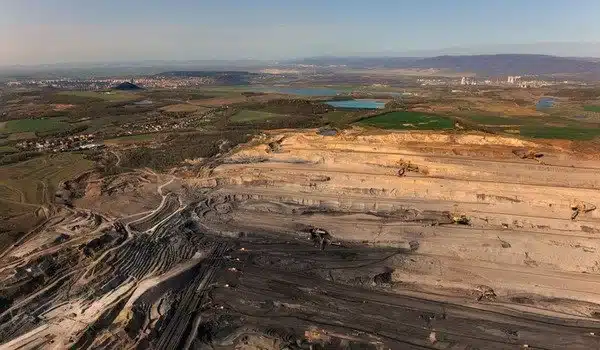The process of reducing carbon emissions by shifting away from fossil fuels and towards cleaner, more sustainable energy sources is referred to as decarbonization. While decarbonization is critical for mitigating climate change and its consequences, it can also pose risks, such as population disruption.
The University of Queensland (UQ) and the University of Göttingen collaborated on a study that examined the effects of decarbonization strategies by linking global resource inventories with demographic systems to create a risk-benefit matrix.
According to the study, increased demand for energy transition metals (ETMs) may be more disruptive to some communities than reducing thermal coal production. The team calculated that while a complete phase-out of coal would disrupt mine-town systems affecting at least 33.5 million people, ETMs would affect an additional 115.7 million people. Nature Communications published the findings.
These findings will help inform future planning and regulation of the energy transition. Our new mine-town systems approach provides an empirical foundation for investigating the magnitude and location of demographic effects of changing energy systems.
Dr. Kamila Svobodova
The researchers used a “mine-town systems” approach to link the location and type of resource with human settlements in order to assess interactions, dependencies, and contingencies between resources and populations.
The study considers both sides of the energy transition by including global resource inventories for coal on one hand and energy transition metals on the other. The minerals required for renewable technologies to accelerate the transition to a clean energy future are referred to as energy transition metals. These minerals and metals are required for wind turbines, solar panels, and electric vehicle batteries.

Dr. Kamila Svobodova, the study’s principal investigator, is an Honorary Research Fellow at the University of Queensland and a research fellow at the University of Göttingen. “These findings will help inform future planning and regulation of the energy transition,” Svobodova said. Our new mine-town systems approach provides an empirical foundation for investigating the magnitude and location of demographic effects of changing energy systems.”
“The data show an asymmetry in the distribution of risks: mine-town systems in the United States are most sensitive to coal phase-out, while systems in Australia and Canada are most sensitive to ETM phase-in.” This study highlights the urgent need for more granular socioeconomic data on populations living and working in affected areas, as well as targeted macro-level planning to support a fair transition from coal to ETMs.”
“Questions of social disruption are rarely considered at a global scale,” Svobodova adds. However, in this study, we are able to deliver a global-scale model that can also be scaled down to national jurisdictions and regions under pressure from the energy transition.”














